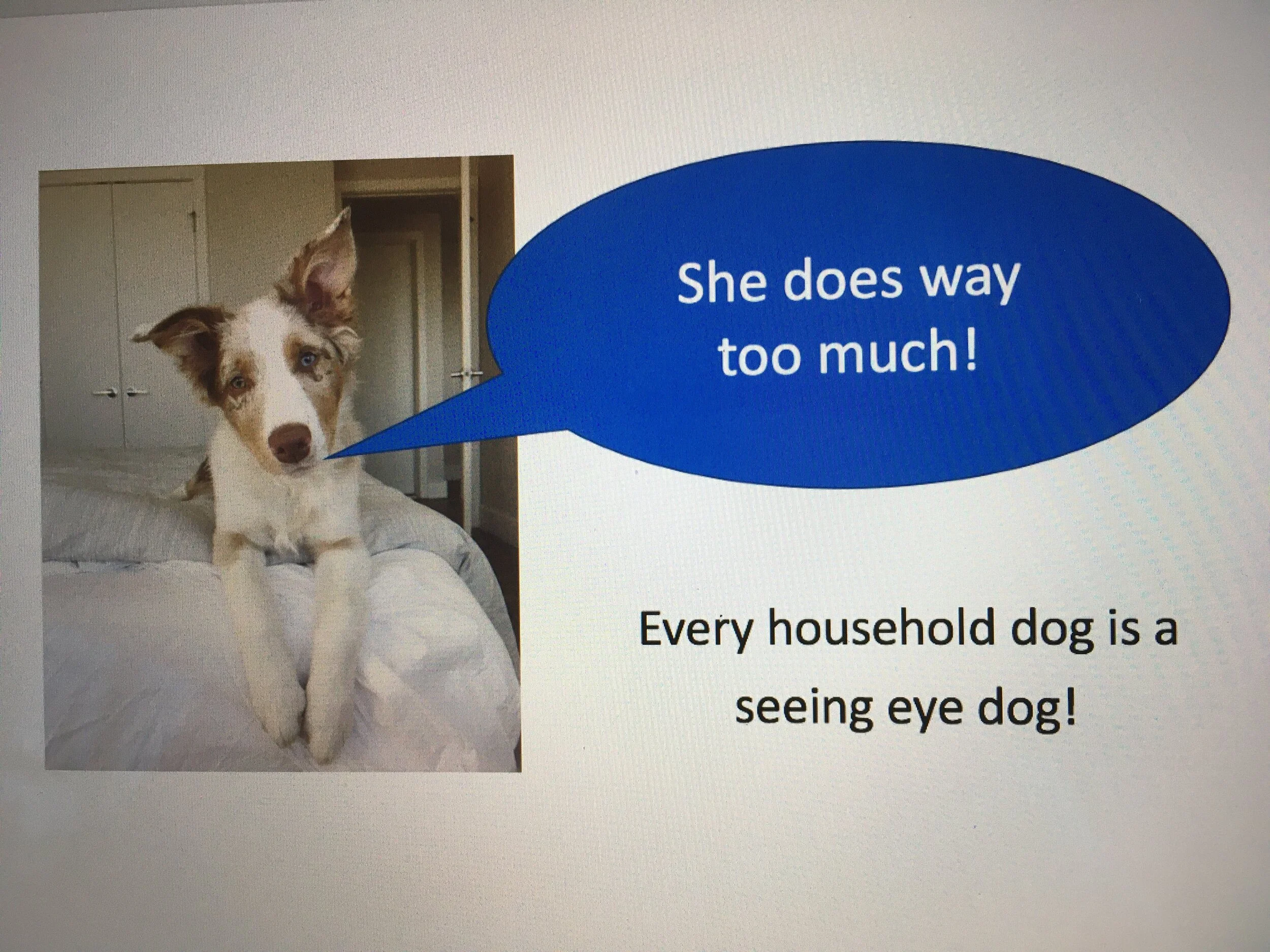A Century of Women’s Suffer-Rage!
1920-2020—Enough Already!
In 1920, women got the right to vote.How long and hard they fought! When I was born in 1944, women in every U.S. state had been voting a mere 24 years. That means women had voted in presidential elections only six times! Yet, I can hardly believe there was a time when women didn’t vote.
Since getting the right to vote, women have achieved incredible gains in opening up entire professions to women, in dramatically expanding women’s reproductive rights through the ability to have an abortion legally, and more recently, in electing many more women to public office. Despite these achievements, in one all important area, the home, women still are responsible for far too much cleaning, clearing up, laundry, childcare, emotional tending, meal preparation, social planning, and logistical organizing—and now during COVID—children’s education.
Women still have not summoned the collective votes or hutzpah to demand societal disparagement and cultural castigation of men who do not really share the work of running a household. I mean the kind of public shame reserved for men who sexually exploit women. Because letting women do your share of work at home is another kind of sexual exploitation of women. Women are exhausted and enraged.
Why aren’t we women out on the streets waving our crying pans (oops, typo, meant to say frying pans)—waving our mops, agenda books, and diapers? There should be a giant sculpture composed of all women’s “to do” lists, making their daily and invisible work visible and valued. Has someone already done this?
Full equality for women means not running on empty at home.
Now let me share some thoughts on all of the above from 50-plus years of marriage trying to negotiate 50/50 in the home. First let me give you some background. Being an Italian American, I was raised as an an only child in a household where everything was very tidy, nothing out of place, furniture dusted and polished, rugs vacuumed, and floors mopped. My husband grew up one of four brothers in a WASP house where rooms were kept in casual-Friday condition at best. Meal preparation for me was elaborate whether entertaining relatives or friends. For my husband, it was, “Let’s just throw something together!”
Our period of adjustment went on for years until I relaxed my standards and he raised his. He would never clean but was willing to pay for cleaning help every two weeks. That’s how we solved that one. Begrudgingly, he helped clear up before friends came over, but always groused about how neat I wanted the house to look.
Before our relationship, the only times my husband seriously cleared up was when he was single and a woman was coming over. You know, like some male birds do on those TV nature programs, getting rid of all the twigs on the ground to attract a female. Once married, my husband’s singular motivation for clearing up was gone.
Men, don’t just say you are for women’s rights! Prove it! Put down your phone and pitch in!
Looking back on all those arguments, I feel sad. I wish I had asked him to do more. Like many males in our generation, he took care of the finances, but his system was so unnecessarily complicated that it took lots more time than necessary, which he claimed balanced the the time it took me to do household tasks. Not true. Now that his memory is all but gone, I handle the finances in a fraction of the time they took him.
I wish I had asked him to do more when he was able to do more because now that I must do everything, I would resent it less.
All that said, I also wish I could have compromised a bit more about “what needed to be done.” He wanted to have more fun in life and not have entertaining be so much work. I could have made plans and preparations simpler, but I was locked into a mental construct of “the right way to do things.” If we women want men to fully share household tasks, social planning, and emotional problem solving, we need to have honest discussions and make compromises with our partners. This means women need to stop getting most of their self-esteem and identity endorphins from the way the house looks and the table is set. Women also need to stop vocally or silently judging other women for how their homes look. Sometimes we all need to take the risk to ask friends over when our places are less than pristine. For my husband and I, some of our household compromises inevitably took time because of who we were at 25 and 28 when we married: I needed to please others, and I didn’t value enjoying myself as much as he did.
Home is where “he-does-his-part” is.
Younger couples today are more open to seeing the household not solely as a woman’s domain, but as a truly shared space. Woman have a bit more power in the workplace now, so it’s possible they would be more willing to share the power of household decisions with male partners, whereas in generations past running the household was one of the only domains in which women could be powerful. For men today, I hope doing tasks previously called “women’s work” will expand rather than threatens their masculinity.
Pandemic Underscores Endemic Question:
Why Have Women Been Doing More During COVID?
“Gema Zamarro, a mother with young children ages 7 and 9 initiated a study after hearing anecdotal evidence about the gender divide related to COVID-19. She was also starting to notice the stress on a personal level.
‘This has been a very hard time for me with having to move classes online and school closures,’ she said. ‘It has been difficult to keep up with my work while providing care and homeschooling for my two kids.’ I observed in social media how many working moms like me were struggling and thought this was an important effect of the pandemic that needed more study.
I believe this could have important future consequences for gender equality.
One-third of working mothers in two-parent households reported they were the only ones providing care for their children, compared to one-tenth of working fathers. Higher levels of psychological distress also emerged among women with children, compared to women without children and to men with or without children.”
During COVID, women get one hour of free time at home, whereas men get three.
—From Kirsten Gillibrand on CNN August 6, 2020
After schools closed, 44% of women in early April reported being the only household member providing care,
compared to 14% of men.
Zamarro claims that “Job losses, childcare duties and mental distress have disproportionately affected women since the coronavirus pandemic began. Considering women already shouldered a greater burden for childcare prior to the pandemic, it's unsurprising the demands are now even greater.” Zamarro added, “While men are more likely to die from infection by COVID-19, overall the pandemic has had a disproportionately detrimental impact on the mental health of women, particularly those with kids.
Moms reported a huge spike in psychological distress in early April, compared to women without kids and to all men. The level steadily eased through early June to pre-pandemic levels, but women remain disproportionately impacted.”
—From: “Women Disproportionately Affected During Pandemic, U of A Professor Finds,” University of Arkansas News, June 25, 2020.








